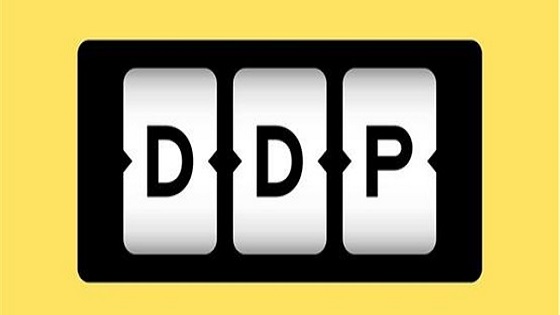Real estate buyers and sellers might not be entirely aware of the duties required to thoroughly examine and appraise a property during the “due diligence period.” Real estate deals often entail a due diligence stage, and those involved should understand the fundamental ideas if they don’t want to later deal with the financial and legal repercussions.
What does exercising due diligence in real estate mean?
The legal definition of due diligence is the amount of care, caution, and action that a person or business would need to do in order to gather unbiased, trustworthy information prior to a particular event or decision.


Due diligence in real estate includes checking papers, making financial computations, and assessing risks. The “doing your homework” aspect of real estate is essentially what it is. When real estate brokers talk about “due diligence property,” they typically mean either the buyer’s investigation before submitting an offer or the time of contingencies before the final closure.
Due diligence on real estate is required.
The due diligence phase of a real estate transaction usually begins after both parties have accepted the Purchase and Sale Agreement (PSA) and paid any contractual deposits required. To determine whether or not to move forward with the transaction, the buyer gathers all the property information during this contingency period.
The time span for conducting due diligence,
Depending on the conditions of the PSA, which are accepted by the parties involved in the transaction, the period of time for due diligence may change. A standard due diligence process lasts between 30 and 90 days, although for some more complicated situations, the timeframe may be significantly longer. There are frequently time limits for particular contingency items within that period, which are established by state law or agreed upon by the parties.
What constitutes due diligence?
When buying a real estate asset, the buyer would use the due diligence phase to gather and examine comprehensive documentation about the item. There are several duties included in this:
- In-depth investigation into issues including zoning and building permits, title and title exceptions, demography, traffic, noise, hazardous chemicals, earthquake faults, etc. While some real estate agents can help with this, the buyer can also work with real estate experts.
- If a buyer wants to purchase an income-producing property and they are a real estate investor, they or their real estate consultant will research economic aspects such market supply and demand, comparable rentals, vacancies, running costs, real property taxes, and insurance.
- The majority of properties have already-built buildings or structures. Astute buyers frequently hire a professional to conduct an inspection to complete due diligence on the condition of the structures. This is frequently accomplished by contracting with an engineer or building consultant to examine a commercial property and produce a report on the property’s condition.
- The due diligence for raw land should include additional engineering knowledge to determine the viability of development for undeveloped areas.
- Conducting environmental due diligence can be wise as well, sometimes going as far as analysing environmental subsoil conditions, depending on the area (such as close to present or previous industrial/processing plants).
The seller would be obligated to allow access to the property for inspections and make all legally required disclosures throughout the time of due diligence.
The earnest money deposit, what about it?
The PSA specifically mentions the earnest money deposit as a contractual deposit. As stated in the PSA, the buyer is responsible for paying it. The seller, or a chosen third party, is responsible for keeping the deposit until the due diligence period is over.
The deposit is normally refunded to the buyer and the deal ends if the buyer decides not to move through with the transaction at any point before the end of the due diligence period. The deposit is typically released to the seller and credited to the buyer as part of the purchase price if the buyer plans to move through with the transaction.
The deposit is normally released to the seller and forfeited by the buyer if the buyer defaults or decides not to proceed with the deal after the due diligence period has passed.
Expert advice on conducting due diligence on real estate.
The mission of the international real estate consulting firm VERTEX is to guarantee that our customers’ interests are completely safeguarded against hazards related to their real estate concerns. In the United States, Mexico, Canada, and other countries across the world, we carry out in-depth examinations and assessments of your real estate holdings and related real estate concerns.
We promptly communicate the results of our research so that you can decide on real estate purchases with confidence. For dependable support with your due diligence, get in contact with the qualified engineering, construction, and real estate professionals at VERTEX. By collaborating with the top professionals in the field, you can safeguard your financial interests.






















